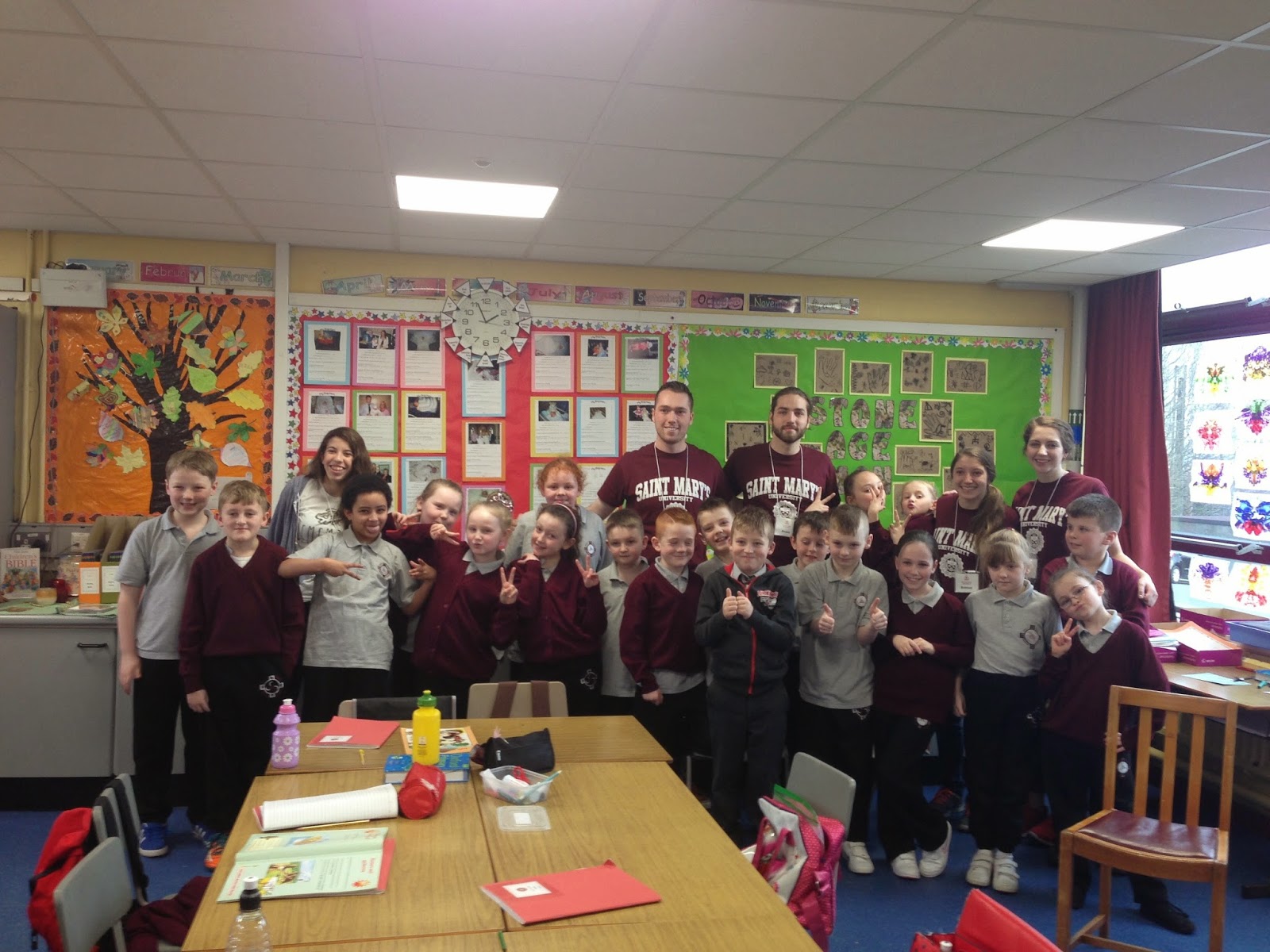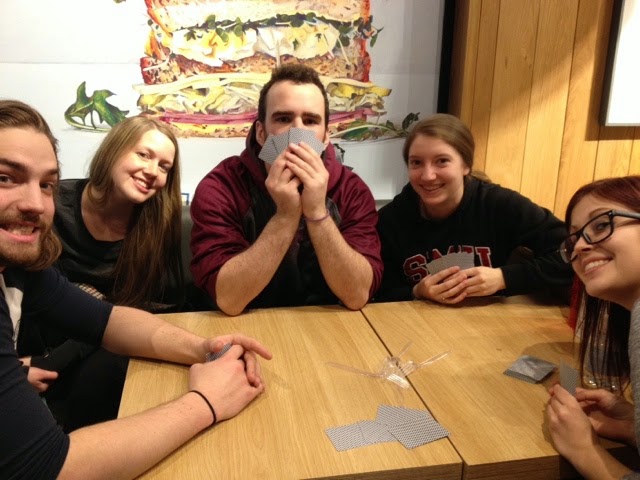The opportunity to witness firsthand the
complexity of conflict in Northern Ireland, as well as the experience of
participating in a peace building process, has personally increased my own desire
to learn more about these issues.
Throughout the visit and over the past week of contemplation, I have
found that I am continually debating with myself potential new strategies and
compromises for what violence still exists in Northern Ireland. While I have consistently proved myself wrong
in this debate; each time that I am forced to revise my opinion I find I have
something new to bring to the table.
Some forgotten opinion is remembered, some new fact is discovered or
some new conversation is had. The percentage of my thoughts that these ideas
preoccupy is pretty incredible considering the relatively short length of our
stay. I sympathize with anyone who had
lived through 30 years of conflict and spent the next 15 trying to comprehend
what just happened.

Throughout
the experience I have noticed my desire to think critically about these issues
has really grown. Coming from the Sociological and Criminological background of
my studies, I assumed that perspectives taught to me in school would shape the
way I interpreted the experience. While this is true, I found even more so that
I have wanted to try and devise my own theories. The line between academic
study and “the real world” (as it has been described to me by countless family
friends, professors and my parents) has undoubtedly become clearer. Personally, the timing of this trip could not
have been better for me. I’m now in my last semester of my undergrad degree,
and naturally, most of my focus has been about what comes next. While friends are applying to grad school or
finding jobs, I am inspired and guided by the experience I had. Specifically, it has given me the realization
that real change can manifest itself in personal pursuit. That as inspired individuals we have the ability
to inspire progress in others. Being
able to watch as the children we worked with eagerly took to the lessons we
taught was reassuring to my faith in a brighter future for this often
overlooked generation. One highlight
would be watching a young boy excitedly assume a super-hero stance, his fist
high in the air, after I told him of his often overlooked super power called
empathy.

Another
aspect to this experience that’s worth noting is how we as participants were
treated. Given the circumstance, at
times we were students, at times volunteers, travelers, teachers and
tourists. The ability to interchange
between roles was granted to us by the amount of respect from just about
everyone we met while away. We weren’t
kept on a short leash or tirelessly paraded around by guides. We were free to
interpret and experience Northern Ireland, Belfast and the troubling aftermath
of violence as we saw fit. This ability
allowed for everyone participating in the trip to create an experience unique
to them. There were opportunities for
everyone to utilize their talents, explore their interests, and provide their
insights. Because of this you feel as if your contribution to the cause is
personal and not in any way a part of a cookie cutter school trip.

To
me, the most drastic contributor to what divide still remains in Belfast is
from the social deprivation that exists.
It seems the sectarian divide now has little to do with religion or
nationality but rather debates over what historical narrative you believe. Naturally, descendants still align with which
side caused less harm to their family and friends. Due to this however, Belfast
struggles to achieve the necessary amount of group coercion needed to overcome
a divided past. But there are many
strong signs of healing. The younger generation,
which we had the privilege of working with, seemed to be less in tune with
sectarian beliefs than their elders.
Similar to how in Canada we might hope today’s youth are less racist or
homophobic than yesterdays. If we frame
the problem in terms of a social rights issue within the context of global
citizenship, the divide seems less overbearing.
The peace walls still exist (in actuality there are more being built
than are coming down) but the conversation from both sides about how to bring
them down is being had. To think that
when we’re over in Northern Ireland talking in schools, taxicabs and
restaurants, we are somehow facilitating this conversation makes the entire
process worthwhile.

As
an experience, working with Peaceful School International and The Saint Mary’s
University Conflict Resolution Society is everything it could be. The experience to me will undoubtedly be one
of the most memorable opportunities of my undergrad and the time I most likely
learned the most. The opportunity to
travel with a group of truly amazing people, work together and learn from one
another isn’t something easily found. I
would recommend anyone interested to peruse it, and anyone else to look for
similar opportunities or to create their own.
You learn a lot more about yourself when given the opportunity to teach
others, to broaden your comfort zones and to travel. The trip to Belfast was all that and so much
more.

Thanks to everyone who made this a possibility.















































